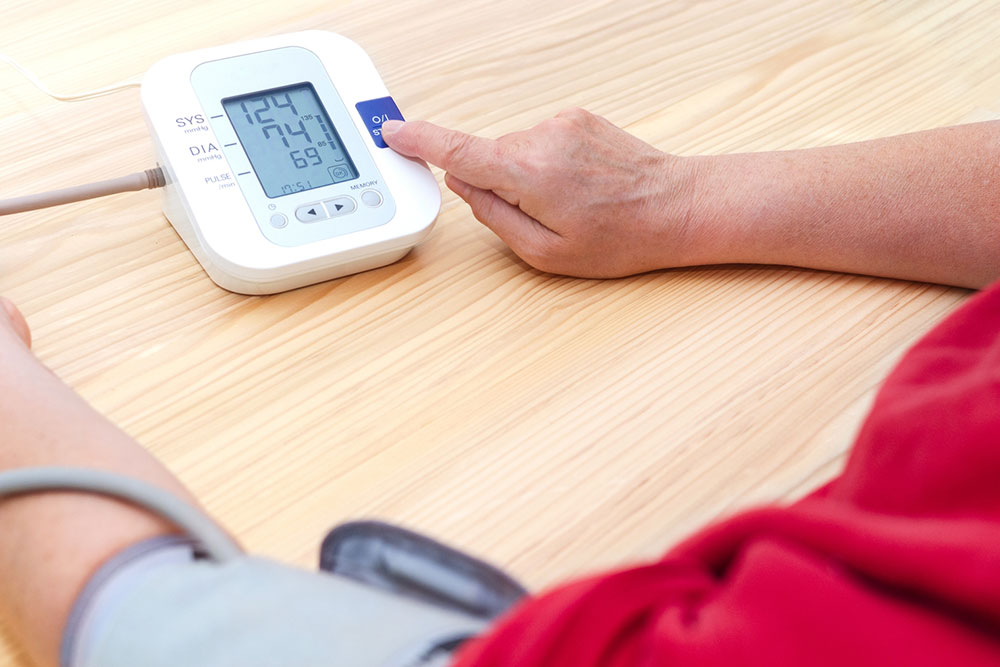Supporting a Loved One Through Illness: Essential Care Tips
Supporting a loved one through illness requires dedication but also self-care. This article offers practical advice on managing caregiver stress, collaborating with healthcare teams, and recognizing when to seek professional help. It emphasizes the importance of maintaining personal health and relationships during challenging times and highlights the positive impact of caregiving, encouraging caregivers to find balance and support for sustainable care.

Supporting a Loved One Through Illness
Providing care for a family member with health challenges
Many patients, especially those battling cancer, now receive most of their treatment and support at home. Hospital stays are shorter, and numerous medications are manageable outside healthcare facilities. As patients live longer, family members often assume caregiving roles, including spouses, children, relatives, or friends. This responsibility requires dedication but can lead to emotional and physical stress for caregivers.
What causes caregiver stress?
The uncertainty of treatment outcomes can lead to anxiety about the patient's future.
Caregiving can alter family dynamics, which may be challenging when roles shift unexpectedly.
Feeling overwhelmed by responsibilities is common, making caregivers feel like everything rests on their shoulders.
The financial burden of treatment can be significant, especially if work is disrupted for both caregiver and patient.
The time commitment required for caregiving often limits personal activities, social outings, or hobbies.
Finding time for self-care becomes difficult, increasing emotional exhaustion.
Constant availability may be necessary, making it hard to get rest or breaks.
Feelings of guilt about not doing enough or neglecting others may arise.
The role of caregivers within the healthcare team
Caregivers often work closely with medical professionals, assisting with medication management.
Monitoring side effects and reporting issues are critical tasks.
They help communicate updates and concerns among family members and healthcare providers.
Assessing treatment effectiveness and coordinating care are key responsibilities.
Tracking medications, upcoming tests, and treatment plans helps ensure quality care for the patient.
Self-care strategies for caregivers
Maintaining physical and emotional health is essential for caregivers.
Involving other relatives or friends can distribute caregiving duties.
Taking at least 15-30 minutes daily for personal relaxation or activities helps prevent burnout.
Managing personal tasks like finances, transportation, and household chores reduces stress.
Finding new ways to cope emotionally aids in maintaining resilience during challenging times.
When to seek professional help
Prolonged feelings of being overwhelmed or exhausted indicate the need for support.
Seek mental health assistance if experiencing depression, fatigue, or persistent sadness.
Professional help is necessary if feelings of anger, frustration, or thoughts of self-harm occur.
If reliance on alcohol or drugs increases, consulting a professional is advised.
Relationship issues with family or friends caused by caregiving stress warrant expert support.
Any signs of neglecting personal well-being should prompt professional intervention.
Highlights of caregiving benefits
Providing meaningful support enhances the patient's recovery and comfort.
Caring for a loved one can bring a sense of purpose and fulfillment.
It offers a special opportunity to strengthen bonds and build deeper connections.
Fostering a caring attitude influences others and promotes a compassionate environment.
Remember, caring for your loved one also means taking care of yourself first.










